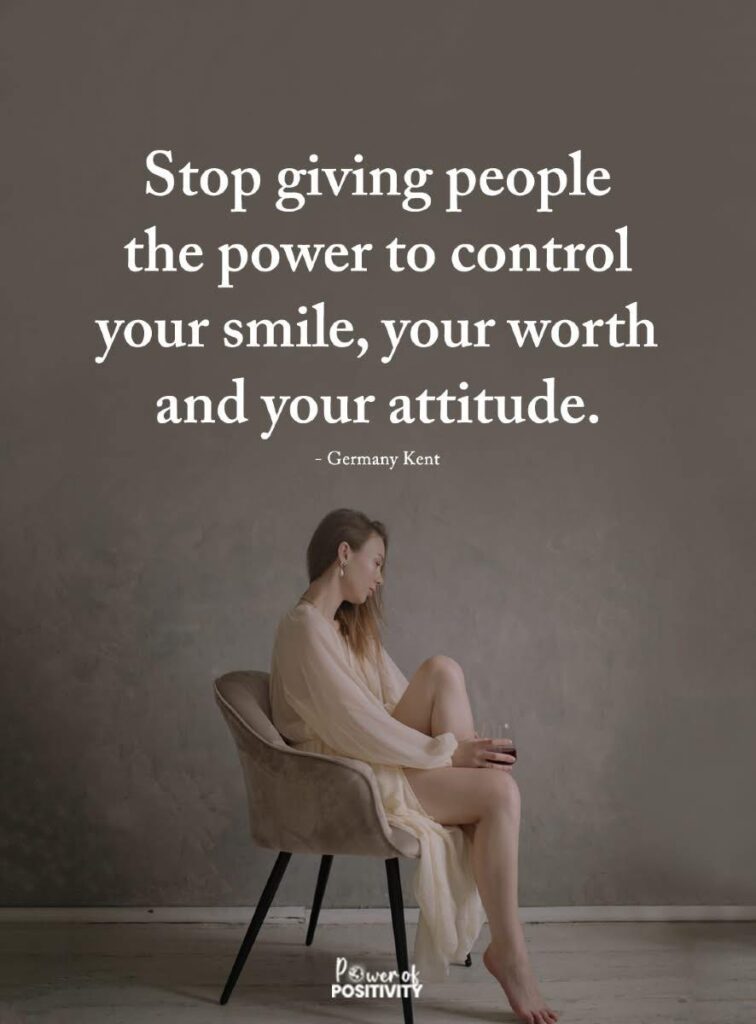Money doesn’t just sit in your wallet or bank account—it moves, shifts, and reacts. Think about it: ever notice how it feels harder to hold onto money when you’re stressed, or how opportunities show up when you’re more confident? That’s not just luck. That’s the energy of money at work.
This energy responds to your habits, your mindset, and even how you speak about money. It’s not about chasing wealth—it’s about how you relate to it. When you understand money as energy, you start to see why your financial patterns repeat and how to change them. This simple shift can lead to less pressure, better decisions, and a more balanced, peaceful relationship with money.
What It Really Means When We Say “Money Is Energy”
Think of something that moves because of how you treat it—like a plant growing with care, or a muscle getting stronger with use. The energy of money works the same way. It’s a neutral force, but it picks up speed, power, or resistance depending on how we think, speak, and act around it.
When you’re stuck in fear or doubt, money can feel like it disappears just as fast as it comes in. But with more trust, direction, and clear intentions, it often flows more freely. It’s not about controlling money—it’s about working with it.
Here’s how it tends to respond:
- Fear blocks flow
- Gratitude opens it
- Clarity directs it
This shift in mindset isn’t just positive thinking—it’s practical. The more you treat money as energy, the more you start to see where it’s getting stuck and how to help it move again. Small shifts in behavior can lead to big results.
Beliefs That Quietly Control Your Financial Reality
Behind every money habit is a belief—often one you didn’t even choose. These quiet thoughts shape how much you allow in, how long you hold it, and what you do with it. Budgeting helps, but it can only go so far if you’re still carrying beliefs that block abundance.
Some of the most common limiting beliefs include:
- “I’m not good with money”
- “Money is greedy or selfish”
- “It always disappears anyway”
- “I have to work hard to deserve it”
These thoughts can run on autopilot for years, quietly keeping you stuck. But here’s the truth: these are not facts—they’re old scripts. And like any story, they can be rewritten.
Once you start noticing them, you give yourself a choice. You can question them, replace them, and build new habits that come from a place of trust—not fear. Changing your financial life starts with changing what you believe is possible.
How Your Emotions Shape Money’s Movement
Logic doesn’t run the show when it comes to money—emotions do. You might have the best financial plan on paper, but if fear, guilt, or stress are behind your choices, that plan won’t stick.
Feelings show up in small but powerful ways:
- Anxiety can lead to impulse spending or hoarding every cent
- Guilt might make you undercharge or give more than you can
- Shame often causes people to avoid money tasks entirely
- Peace brings clarity, better choices, and less regret
Instead of trying to force better habits, ask yourself one question: “What’s the main emotion behind my money decisions right now?” That answer tells you more than any spreadsheet ever will. When your emotions feel safe and steady, your money tends to follow.
Energy Drains That Keep You Feeling Stuck with Money
You don’t need to spend recklessly to feel stuck with money. Sometimes, the real issue is where your energy leaks out—quietly, and over time. These drains aren’t always obvious, but they can keep you spinning in the same financial patterns no matter how much you earn.
Here are three silent drains that wear you down:
- Avoiding money tasks – Leaving bills unopened or avoiding your account balance creates tension and disconnection.
- People-pleasing with money – Saying yes when it hurts you financially leads to resentment and burnout.
- Unconscious self-sabotage – Suddenly spending after receiving money can be a way of “resetting” to a familiar low.
Each one builds frustration and makes it harder to grow or trust your financial path. The fix doesn’t start with fixing—it starts with noticing. No shame, no blame—just simple awareness. Once you see the pattern, you’re already one step closer to changing it.
Aligning with Abundance Instead of Scarcity
Chasing money from a place of fear keeps you stuck in a loop. You try harder, save more, stress more—but it never feels like enough. Shifting into an abundance mindset doesn’t mean ignoring reality. It means focusing on what’s already working and believing more is possible.
Here’s how the shift looks in action:
| Scarcity says… | Abundance says… |
| “There’s never enough” | “I have what I need right now” |
| “If they win, I lose” | “There’s space for everyone” |
| “I must control every cent” | “Money is a tool I can work with” |
An abundance mindset isn’t fake positivity—it’s practical focus. When you see wins, even small ones, your energy shifts. You take better steps, notice more options, and feel less fear around every decision.
The energy of money responds to where your attention goes. When you look at what you do have, instead of what’s missing, the path forward becomes much easier to walk.
Simple Ways to Support Positive Money Flow
Big changes don’t always start with big moves. Often, it’s the small, steady habits that shift how money feels and flows in your life. These actions are simple, but they create real momentum when done consistently.
Try building in these energy-supporting habits:
- Daily gratitude for what money helps you do—even if it’s just paying for a meal
- Spending with intention, based on your values, not pressure or comparison
- Weekly money check-ins that feel curious, not critical
- Setting money goals that motivate you instead of stressing you out
- Celebrating small wins, like saving ₱500 or paying off a small balance
Each of these habits strengthens your trust in money and in yourself. They also remind your brain and body that money is a partner—not a threat. The more peace and clarity you build into your daily money routines, the more open you become to receiving and holding on to what supports you.
Why Receiving Is Just as Important as Giving
Taking care of others often feels easier than letting others take care of us. But when it comes to the energy of money, receiving is just as important as giving. Both keep the flow moving.
If you struggle to receive support, money, or even compliments without guilt—you’re not alone. A lot of people carry shame around “taking too much” or feel they have to earn every good thing. But receiving doesn’t make you greedy. It makes you human.
Here’s the truth:
- You’re allowed to receive without guilt
- Saying yes to help strengthens your sense of safety
- Letting things in is part of the money flow—not a break from it
Start small. Next time someone gives you something, respond with: “Thank you, I receive that.” It’s a simple habit that teaches your nervous system: good things are safe, and more are allowed to come.
Investing in Yourself Is an Act of Trust
How you spend on yourself says a lot about what you believe you deserve. When you choose to invest in your growth, well-being, or rest, you’re sending a strong message: I trust myself to be worth it.
This doesn’t have to mean big, risky decisions. It can look like:
- Signing up for a course you’ve been putting off
- Hiring a coach or mentor to help you move forward
- Choosing the better option, not just the cheapest one every time
- Taking a break when your body’s asking for rest
The energy of money flows more freely when you treat yourself with care and respect. Every time you put money into something that supports your future, you build more confidence—and open more space for growth.
Final Thoughts on Working with the Energy of Money
Shifting how you view money can shift everything else, too. It’s not just about saving or earning—it’s about the energy behind each choice.
Money isn’t good or bad. It’s a tool, and it responds to how you think, act, and feel around it. When you treat money with clarity, trust, and purpose, it starts to meet you in the same way.
Wealth isn’t something you chase. It’s something you allow by choosing what feels aligned—again and again. Trusting yourself is the first step. Growth comes next, followed by the belief that support, ease, and abundance aren’t just possible—they’re already on the way.















